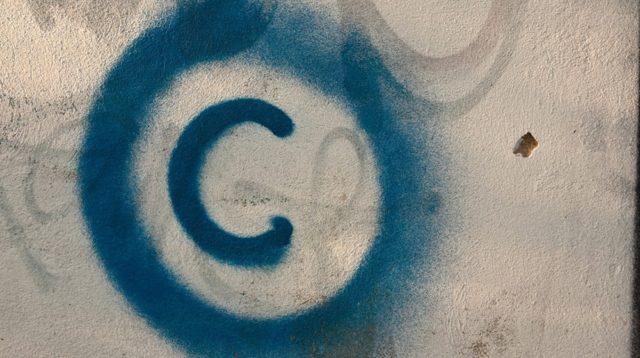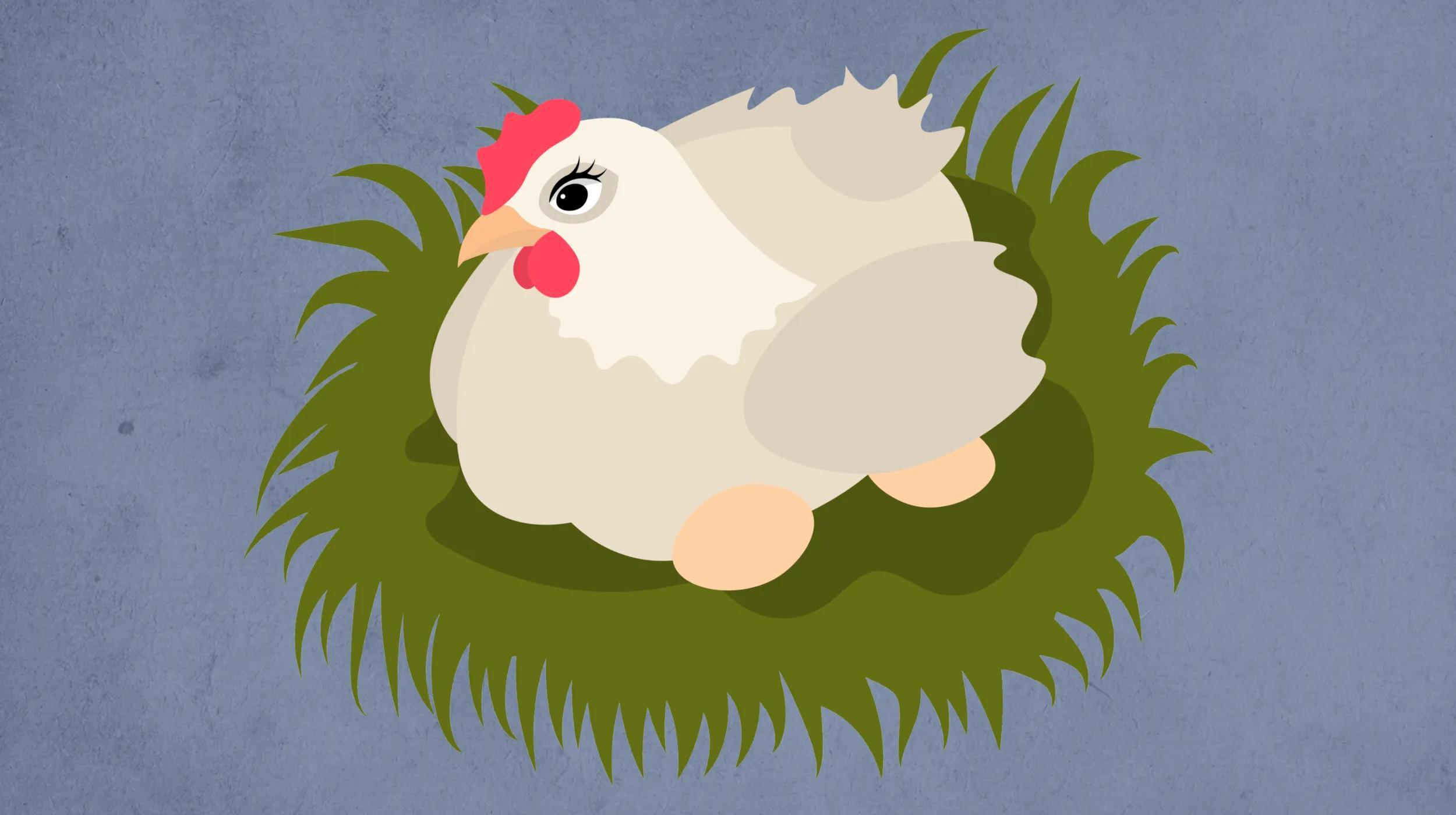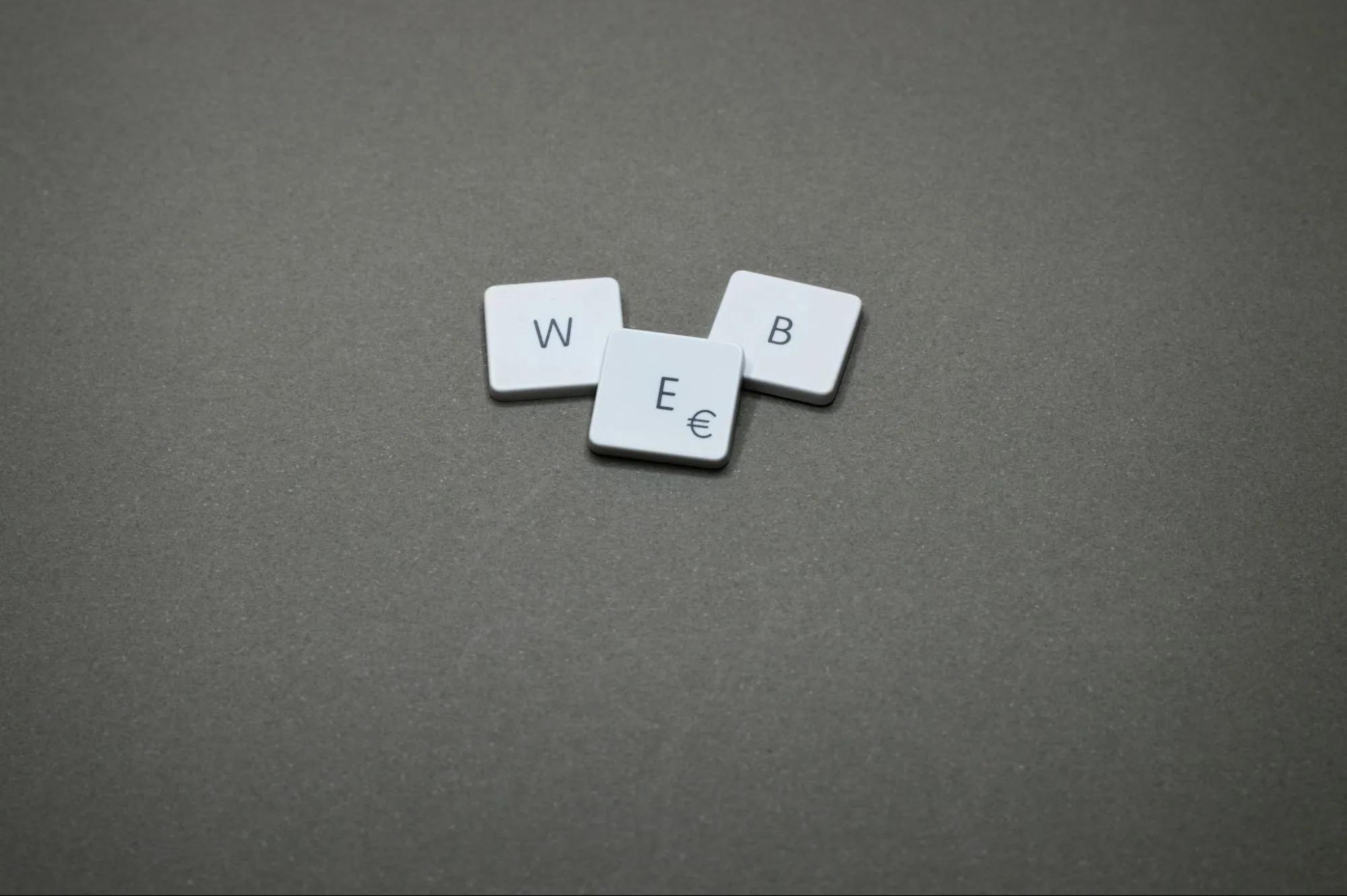Imagine asking Siri, Google Assistant, or Alexa to search for your business online. Instead of your familiar domain, you’re directed to a page with a domain name identical — or very similar — to the one you use to do business.
That’s domain squatting. Resist the urge to respond angrily.
The issue isn’t with your favorite form of artificial intelligence. You’ve just been served (content, ads, or a domain-for-sale page) by a domain name squatter.
Your business needs a website.
Also referred to as cybersquatting, domain squatting has moved from being completely legal to falling into a gray area, permissible in some cases and illegal in others.
Cybersquatting statistics
In 2022, the World Intellectual Property Organization (WIPO) handled 5,423 cybersquatting cases, marking a 5% increase from 2021 and a 29% increase from 2020. To date, over 56,000 cases and more than 100,000 domain names have been involved in cybersquatting disputes.
The most targeted top-level domains (TLDs) include .com, which represents 70% of WIPO’s generic TLD cases. The top countries filing these cases are the United States, France, the United Kingdom, Switzerland, and Germany.
What is domain squatting?
So, how can you identify domain squatting? It’s important to note the difference between the legitimate practice of buying and selling domain names and when it crosses the line. In short, it all comes down to intent.
Domain name squatting is the act of purchasing a generic top-level domain (gTLD) to block someone else from registering it, to profit from reselling it, or for selling ads.
Domain squatting differs from domaining. By domaining, we mean buying domain names with potential value to any number of buyers based on habits, interests, or trends.
Then, the domain owner either auctions them on the domain aftermarket to the highest bidder or sells them through a domain broker.
Why participate in domain squatting?
It might seem puzzling why someone would register the domain name of your small business, especially if you’re barely getting off the ground. Sure, they might target well-known names like Madonna, Ringo Starr, or Microsoft — and they have.
But what would someone want with mysmallbusinessname.com? And how did they know to register it in the first place? It depends.
Domain name squatters who buy names of famous people or brand names often reach out to the related individuals or businesses in hopes of charging far more than they paid.
Profiting from ads is another motive for domain squatting. Intentionally misspelling a brand name and then serving up ads to those who land there by mistake can be lucrative.
When it comes to lesser-known names, domain name squatters look to public notices for newly registered limited liability companies (LLCs), business license records, or other registries for small businesses.
When they find one that has not yet registered either its legal name or its fictitious name — sometimes referred to as a doing business as (DBA) name — they snap it up — often for pennies on the dollar.
The risk is worth it because chances are you would rather pay the domain squatter whatever price they decide to charge rather than refile your paperwork, reorder business signs, etc., just before launching a new business.
It can cost a small business a significant amount of money to reprint already branded materials.

The same applies to professional domain investors who regularly scour the WHOIS database to snap up recently expired domains to divert traffic to their site, serve up ads, or sell to a new or previous owner.
If it’s not yours, it’s probably domain squatting
General top-level domains (gTLDs) based on copyrighted or trademarked words and phrases are protected under the Uniform Domain-Name Dispute-Resolution Policy (UDRP).
This means that the owner of a copyright or trademark has a claim on domains registered in bad faith.
Bad faith goes right to the heart of domain squatting.
Registering domains with intent to disrupt a competitor, profit from an assumed connection between the copyrighted or trademarked material and the owner of the domain, or an attempt to block the rightful owner from registering the name themselves would each be considered acts of bad faith.
Steps for reclaiming a squatted domain
If you’re the victim of domain squatting, there are a few steps you should take for the best possible outcome. Let’s run through those.
1. Documentation of infringement
Provide detailed evidence of how the domain infringes on your trademark or copyright. This may include registered trademarks, branding materials, or legal documents that establish your ownership.
2. Performing WHOIS searches
Use WHOIS databases to gather information about the domain owner, including contact details and registration data. This helps in understanding who you are dealing with and their likelihood to respond.
3. Direct contact methods
Reach out to the domain owner directly through the contact information obtained from WHOIS. Clearly communicate your claim and the reasons why the domain should be transferred or relinquished.
4. Mediation negotiations
Engage in mediation to find a mutually agreeable solution. This can be a cost-effective and faster alternative to legal proceedings, allowing both parties to negotiate terms for the domain transfer.
5. ICANN domain dispute process
File a complaint through the Uniform Domain-Name Dispute-Resolution Policy (UDRP) administered by ICANN. Ensure that your claim meets the requirements, including demonstrating bad faith registration by the squatter.
6. Legal actions under ACPA
Consider filing a lawsuit under the Anticybersquatting Consumer Protection Act (ACPA) if the domain squatting constitutes trademark infringement. Legal action can compel the transfer or cancellation of the domain name.
7. Negotiating with squatters
Attempt to negotiate directly with the squatter for the purchase or transfer of the domain. Be aware of potential costs and the lack of guaranteed success in these negotiations.
Risks and potential outcomes
Each approach carries its own risks and potential outcomes. Mediation and direct negotiations can save time and resources but may not always lead to a favorable outcome. Filing a UDRP claim or pursuing legal actions like ACPA lawsuits can enforce your rights but may require substantial evidence and legal fees. It is essential to weigh these factors when deciding the best course of action.
An ounce of prevention for domain squatting
It’s easier to avoid being the victim of a domain squatter than to clean up afterward. Here are twelve tips to help prevent losing a domain in the future:
1. Register the domain you want before you need it.
Act when you find the domain you want. Adding a domain to your cart does not prevent someone else from putting it in theirs. Domain squatters often buy recently searched domain names in hopes of selling them to the original searcher.
2. Register similar names.
Consider buying domains with multiple extensions, such as .com, .co, .biz, etc., to prevent squatters from buying them. Research common misspellings of your domain and consider registering them as well.
3. Secure your social media handles.
Ensure that your brand is consistent across all social platforms by registering your business’s name on major social media sites. This prevents impersonation and protects your online presence.
4. Use reputable ICANN-accredited registrars.
Choose a registrar that offers domain locking and two-factor authentication to add an extra layer of security to your domain.
5. Purchase domain protection.
GoDaddy offers Protected Registration to help ensure that you retain registration of your domain name, regardless of expiration dates or attempts to transfer.
6. Invest in advanced domain monitoring tools.
Utilize tools that continuously monitor your domain and its variations to detect any unauthorized registrations or suspicious activities promptly.
7. Implement domain locking.
This feature prevents unauthorized transfers of your domain by locking it at the registry level, adding an extra barrier against potential squatters.
8. Enable two-factor authentication.
Adding two-factor authentication to your domain registrar account significantly enhances security by requiring a second form of verification for access.
9. Register your domain with a trademark.
Establish your legal right to the domain by registering it with the United States Patent and Trademark Office, reinforcing your ownership and deterring squatters.

You’ve got lots of options
If a domain name is already in use and does not infringe on a trademark, consider selecting a different domain name for your business. If the .com is taken, for example, consider adding a relevant extension, including a country code such as .us, .co, .uk, or .au.
A large variety of domain extensions with tie-ins to your business are also available in a wide variety of fields.
Now that you don’t have to ask, “What is domain squatting?” you can move forward and protect what’s yours. So, go ahead. Express yourself online. Just make sure you do it legally and use adequate protection. Now use our free online Domain Name Generator to find your next domain.








